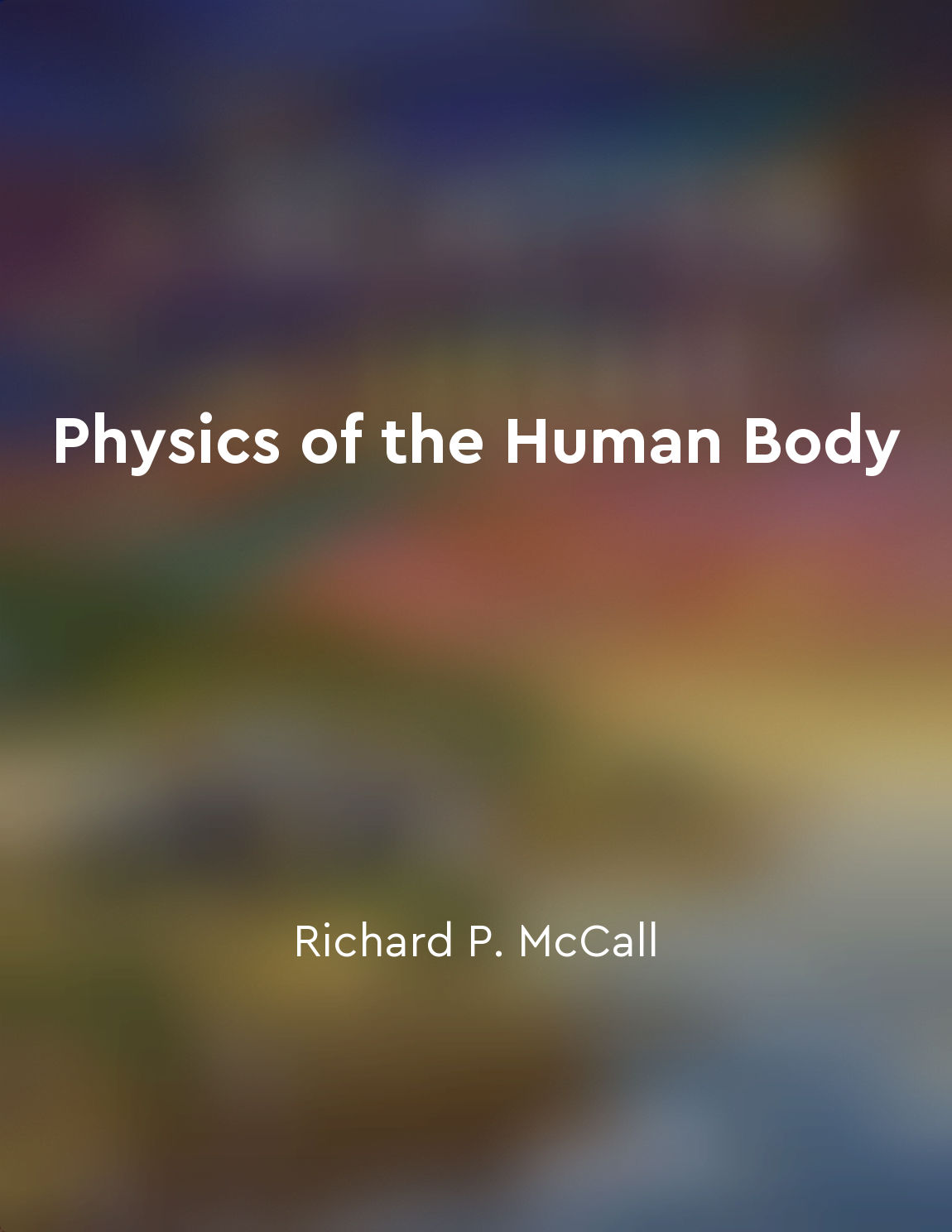Homeostasis maintains internal balance from "summary" of The Biology Book by DK
Homeostasis is a fundamental concept in biology that refers to the ability of an organism to keep its internal environment stable and balanced, regardless of changes in the external environment. This balance is crucial for the proper functioning of cells, tissues, organs, and systems within an organism. Without homeostasis, an organism would not be able to survive in a constantly changing world. One of the key aspects of homeostasis is the maintenance of a stable internal temperature. For example, in humans, the body works to keep its temperature around 98.6 degrees Fahrenheit, even when the external temperature fluctuates. This is achieved through a complex system of feedback mechanisms that involve sensors, control centers, and effectors working together to regulate temperature. Another important aspect of homeostasis is the regulation of blood sugar levels. In response to changes in blood sugar levels, the pancreas releases insulin or glucagon to keep the levels within a narrow range. This process is essential for providing cells with a constant source of energy for their functions. Homeostasis also plays a crucial role in maintaining the pH balance of the blood. Even a slight deviation from the normal pH range can have detrimental effects on enzymes and other proteins in the body. To prevent this, the body has buffers in place to neutralize acids or bases and keep the blood pH stable. In addition to temperature, blood sugar levels, and pH balance, homeostasis also involves the regulation of other factors such as water and electrolyte balance, blood pressure, and oxygen levels. Each of these factors is carefully controlled to ensure that the body can function properly and efficiently.- Homeostasis is a dynamic and intricate process that involves multiple systems working together to maintain internal balance. It is a fundamental concept in biology that underpins the survival and functioning of all living organisms.
Similar Posts
Emotions influence brain function
Emotions play a crucial role in shaping our brain function. When we experience emotions, such as fear or joy, our brain respond...
Experiment with new recipes to incorporate alkaline foods
One way to spice up your diet and make it more alkaline-friendly is to experiment with new recipes. Trying out different dishes...
Our thoughts and behaviors are influenced by genetics and environment
The interplay between genetics and environment shapes our thoughts and behaviors, a concept known as the nature-nurture debate....

He encourages readers to seek professional guidance for personalized weight loss plans
Throughout the pages of this groundbreaking science of healthy, permanent weight loss, the emphasis is on personalized approach...
Stay hydrated and nourished with electrolytes during fasts
It is important to remember that fasting does not mean depriving your body of essential nutrients. While you may be abstaining ...
Autophagy is a key health benefit of fasting
Autophagy, a term derived from Greek words meaning “self” and “eating,” is a natural cellular process that plays a crucial role...

Energy transformation in cells
Energy transformation in cells is a fundamental process that allows living organisms to carry out their daily activities. The e...

Embrace the power of bone broth for gut repair
Bone broth is a powerful elixir that has been used for centuries by different cultures to promote healing and overall well-bein...

Nervous system signals travel through electric impulses
The nervous system is a complex network of cells that transmits signals throughout the body. These signals are essential for co...

